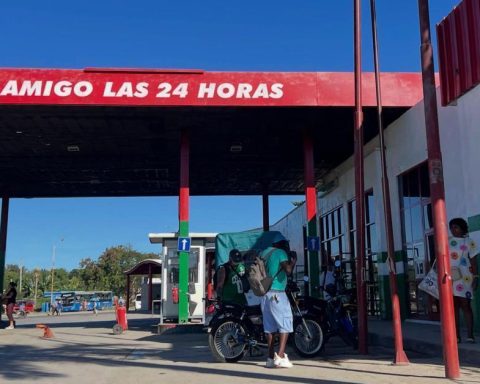AND
The amparo trial is a means of defense regulated by the Constitution and a law that regulates it, and although it has a very broad protective scope, it also has limitations to prevent its abuse by unscrupulous litigants.
For example, the amparo does not apply against a sentence issued in another amparo, since it would generate an endless chain of lawsuits to the detriment of prompt justice. Nor does it apply against acts of the electoral authorities, because to claim possible violations committed in the elections there are courts exclusively specialized in the matter, and the amparo trial cannot invade their jurisdiction.
In the case that interests us, we have that four district judges promoted an injunction against the procedure that was initiated in the Chamber of Deputies to discuss the opinion of reforms to the Constitution in judicial matters, which is a document that is distributed among the members of that chamber so that they analyze it and decide by majority whether to approve, modify or reject it.
The judge who heard the case admitted the four judges’ petition and ordered the Chamber of Deputies to suspend discussion of the opinion containing the constitutional reforms. However, it has been commented in various forums that the judge lost sight of the fact that there is an express provision in the Amparo Law (article 61, section I) that prohibits challenging additions or reforms to the Constitution in amparo proceedings.
It is therefore understandable that the majority of the members of the Chamber of Deputies expressed their disagreement with the judge, because they believe that she was not correct in ordering the suspension of the legislative procedure, since for them the demand was not even admissible, as it is a reform that revolves around the Constitution itself, which is the fundamental document that governs the judge and all the inhabitants of the country.
We may or may not agree with what the district judge did, but what we can never ignore is that the amparo was not established to demand and much less to stop reforms or additions to the Constitution, because all authorities, upon assuming our positions, swear to comply with it without reservations and, therefore, no authority can question whether or not its content suits them. It is the law of laws, and its hierarchy is indisputable.
The most serious thing about the matter is that the district judge has reiterated her order to paralyze the legislative procedure that is now in the Senate, which scheduled it to be discussed next week, with the intention that the subsequent phase, which is the approval of the decree of reforms to the Constitution, if applicable, by the majority of local legislatures, not be exhausted, but it seems that a large number of legislators have no intention of stopping, because they did not accept the jurisdiction of the judge.
I think it is important to point out that the Judiciary is responsible for applying the Constitution and the power to revise the Constitution is responsible for establishing what its content should be. Each has its own powers and they should never encroach on each other in respect of the principle of separation of powers.
















